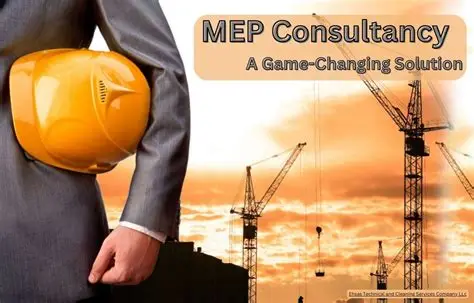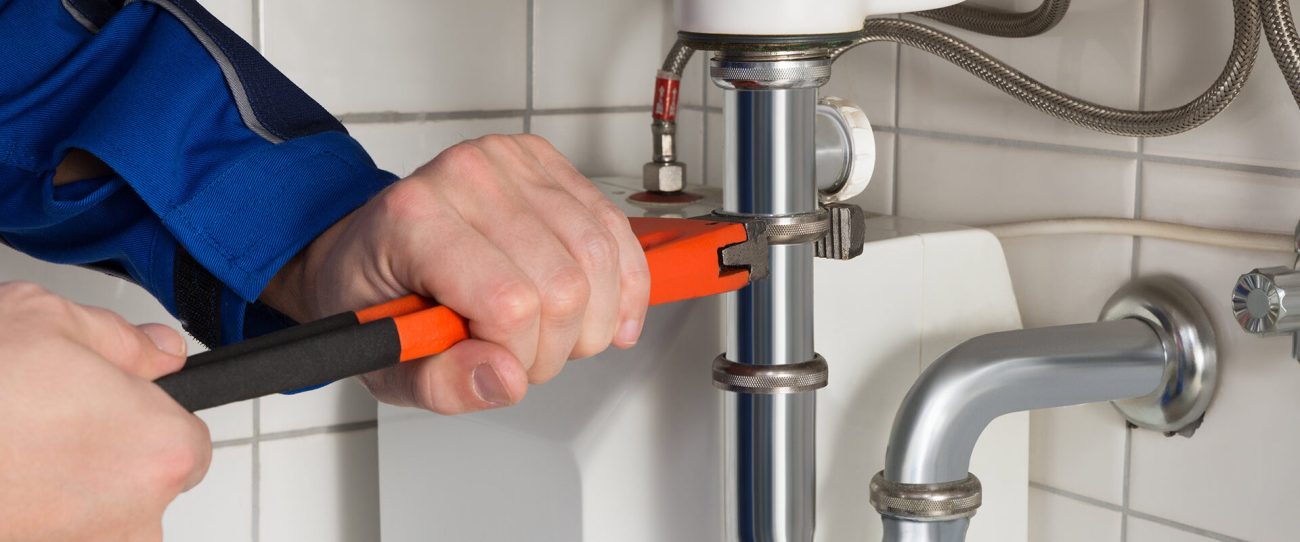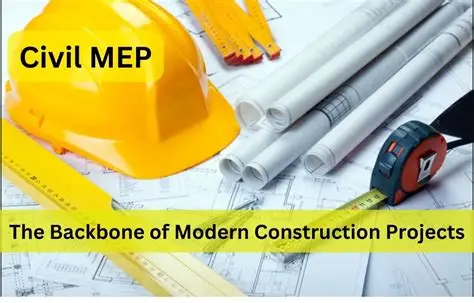
Blog
Stay Ahead of the Game with MEP Consultancy: A Game-Changing Solution

Introduction
In today’s highly competitive construction and engineering industry, staying ahead of the game is crucial for businesses aiming to achieve success. Mechanical, Electrical, and Plumbing (MEP) consultancy has emerged as a game-changing solution, offering a comprehensive approach to designing and managing building systems. Dubai is a world-famous city for its skyscraper buildings and MEP consultants are an integral part of this development. Ehsas is among those companies that provide professional and efficient MEP consultancy in Dubai. This article explores the significance of MEP consultancy, its benefits, and how it revolutionizes the way projects are executed.
Understanding MEP Consultancy
MEP consultancy involves the integrated planning, design, and management of mechanical, electrical, and plumbing systems within a building. These systems are essential for the functionality, safety, and efficiency of any structure, whether it is a residential, commercial, or industrial project.
MEP consultants are specialized professionals who work closely with architects, contractors, and project managers to ensure that these systems are seamlessly integrated into the building design.
Key Components of MEP Consultancy
Mechanical Systems:
HVAC (Heating, Ventilation, and Air Conditioning):
Ensuring thermal comfort and indoor air quality through efficient heating, cooling, and ventilation systems.
Fire Protection Systems:
Designing and implementing fire detection, suppression, and alarm systems to ensure safety.
Plumbing Systems:
Designing and managing water supply, drainage, and sanitation systems.
Electrical Systems:
Power Distribution:
Ensuring reliable and safe distribution of electrical power throughout the building.
Lighting Systems:
Designing efficient and aesthetically pleasing lighting solutions.
Low Voltage Systems:
Including communication networks, security systems, and building automation.
Plumbing Systems:
Water Supply:
Ensuring a continuous and safe supply of water for various needs.
Waste Management:
Designing efficient drainage and sewage systems.
Gas Systems:
Managing the safe distribution of gas for heating and cooking purposes.
Benefits of MEP Consultancy
1. Enhanced Efficiency and Performance
MEP consultants leverage their expertise to design systems that optimize energy consumption and operational efficiency. By incorporating the latest technologies and best practices, they ensure that the building’s mechanical, electrical, and plumbing systems work seamlessly together, reducing waste and lowering operational costs.
2. Cost Savings
Effective MEP consultancy can lead to significant cost savings in both the short and long term. By designing systems that are energy-efficient and require minimal maintenance, MEP consultants help reduce utility bills and maintenance expenses. Additionally, their expertise in selecting cost-effective materials and equipment can lead to savings during the construction phase.
3. Improved Safety and Compliance
Safety is paramount in any building project. MEP consultants ensure that all systems comply with local building codes and regulations, reducing the risk of accidents and legal issues. Their knowledge of fire protection systems, electrical safety, and plumbing standards ensures that the building meets all safety requirements.
4. Sustainable Solutions
With increasing awareness of environmental issues, sustainability has become a key consideration in construction projects. MEP consultants play a vital role in designing eco-friendly systems that minimize environmental impact. From energy-efficient HVAC systems to water-saving plumbing solutions, their expertise contributes to creating sustainable and green buildings.
5. Seamless Project Integration
MEP consultants work collaboratively with architects, structural engineers, and contractors to ensure that all building systems are integrated seamlessly. Their holistic approach minimizes conflicts and delays during construction, resulting in smoother project execution and timely completion.
The Role of MEP Consultancy in Modern Construction
1. Design and Planning
MEP consultancy begins with the design and planning phase, where consultants work closely with architects and project managers to develop comprehensive MEP system designs. They use advanced software tools and simulations to create detailed plans that address the specific needs of the project. This phase involves analyzing the building layout, assessing load requirements, and selecting appropriate equipment and materials.
2. Coordination and Collaboration
Effective coordination and collaboration are essential for successful project execution. MEP consultants act as a bridge between different stakeholders, ensuring that all systems are integrated and aligned with the overall project goals. They conduct regular meetings and reviews to address any issues and make necessary adjustments to the design.
3. Installation and Commissioning
During the installation phase, MEP consultants oversee the implementation of mechanical, electrical, and plumbing systems. They ensure that the installation is carried out according to the design specifications and industry standards. Once the systems are installed, they conduct thorough testing and commissioning to verify their performance and functionality.
4. Maintenance and Support
MEP consultancy does not end with the completion of the construction project. Consultants provide ongoing maintenance and support to ensure that the systems continue to operate efficiently. They conduct regular inspections, perform preventive maintenance, and address any issues that may arise. This proactive approach helps extend the lifespan of the systems and reduces the likelihood of costly breakdowns.
The Future of MEP Consultancy
The field of MEP consultancy is continuously evolving, driven by advancements in technology and changing industry trends. Here are some key trends that are shaping the future of MEP consultancy:
1. Building Information Modeling (BIM)
BIM is revolutionizing the construction industry by enabling the creation of digital representations of buildings and their systems. MEP consultants use BIM to create detailed 3D models that facilitate better coordination, clash detection, and visualization. This technology enhances collaboration and streamlines the design and construction process.
2. Sustainable and Green Building Solutions
With a growing emphasis on sustainability, MEP consultants are increasingly focusing on designing systems that reduce environmental impact. This includes the integration of renewable energy sources, energy-efficient HVAC systems, and water-saving plumbing solutions. The goal is to create buildings that are not only efficient but also environmentally friendly.
3. Smart Building Technologies
The rise of smart building technologies is transforming the way buildings are managed and operated. MEP consultants are incorporating smart systems that enable real-time monitoring, automation, and optimization of building systems. This includes advanced sensors, IoT devices, and building management systems that enhance efficiency, comfort, and security.
4. Energy Management and Optimization
Energy management is a critical aspect of modern building design. MEP consultants are leveraging advanced energy management systems to monitor and optimize energy consumption. This involves analyzing energy usage patterns, identifying areas of improvement, and implementing strategies to reduce energy waste and lower utility bills.
Conclusion
MEP consultancy is a game-changing solution that offers a comprehensive approach to designing and managing building systems. By integrating mechanical, electrical, and plumbing systems seamlessly, MEP consultants enhance efficiency, reduce costs, ensure safety, and promote sustainability. As the construction industry continues to evolve, MEP consultancy will play an increasingly vital role in shaping the buildings of the future. Embracing this game-changing solution is essential for staying ahead of the competition and achieving success in today’s dynamic construction landscape.



